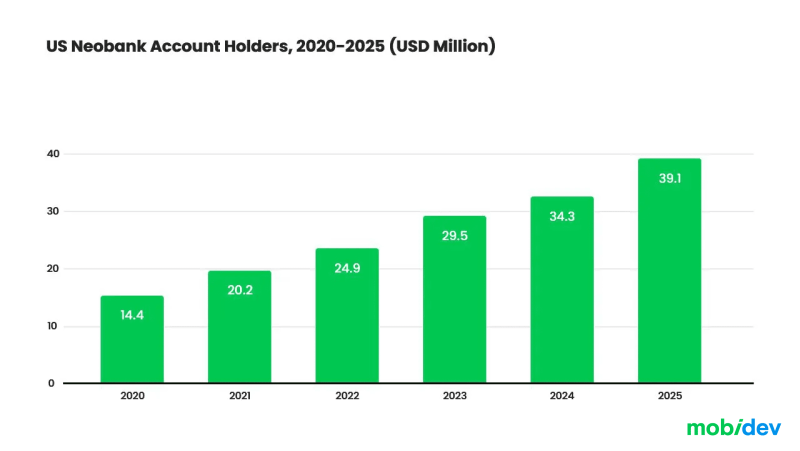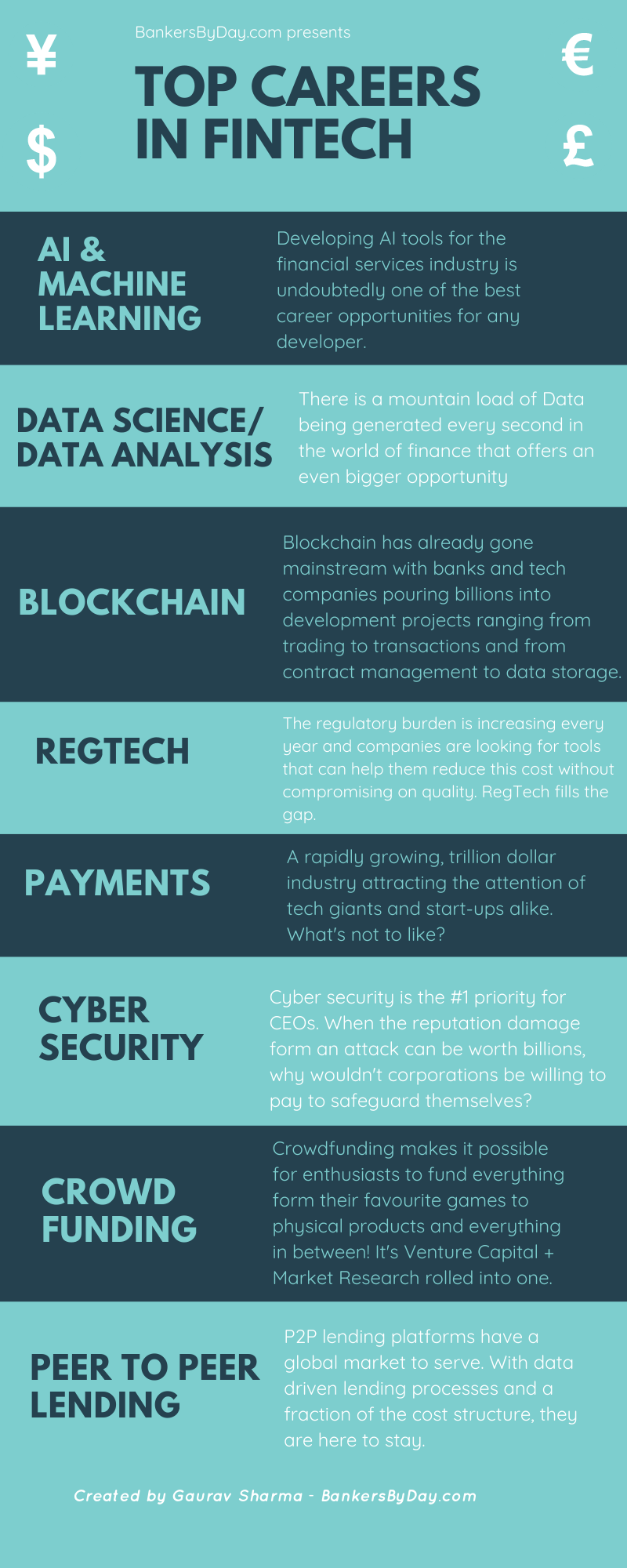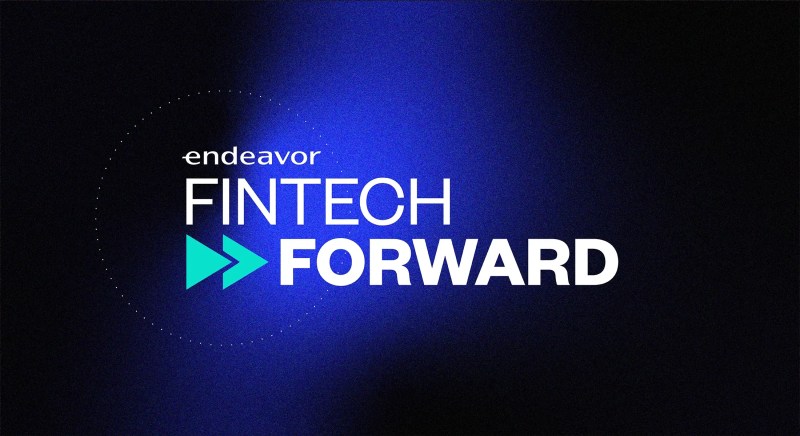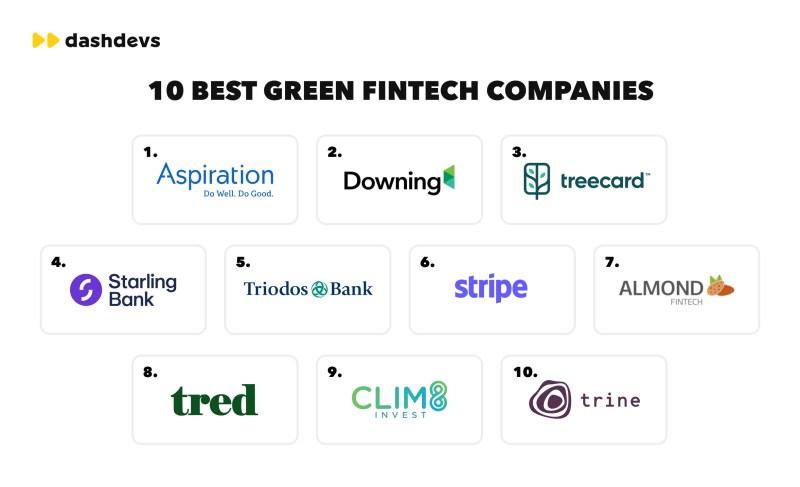
Small Fintech Companies In Usa – The cross-border payments industry is already experiencing a lot of activity in 2024. Countries are introducing and connecting instant payment systems to reduce costs and increase the speed of cross-border payments, in line with the G20 Roadmap for the sector. In addition, ongoing geopolitical turmoil in Ukraine and the Middle East is contributing to an increase in the world’s immigrant population, as well as increasing the demand for de-dollarization and the need for more accessible payments. Meanwhile, industry players are looking to cut costs and increase profits, and some are joining forces to expand their footprint and take advantage of the fragmented B2B payments market. Many are also pursuing technological advances, especially in terms of productive artificial intelligence and instant payments.
One of the best ways to understand the industry amidst all the events that have happened so far this year is to keep an eye on its biggest players. That’s why FKSC Intelligence has published the Cross-Border Payments 2024 100, a market map that recognizes and celebrates the 100 most important players in the cross-border payments space. Now in its sixth year, the Cross-Border Payments 100 profiles 100 players who really matter in the industry.
Small Fintech Companies In Usa

There have been some changes this year. Our e-commerce department, which we created last year, has grown to include Shein and Temu. Meanwhile, we eliminated the cryptocurrency category this year as the industry focus shifted away from cryptocurrencies. Many players previously featured in our Most Promising Cross-Border Payments Companies have also been added, including Papaia Global, one of two new additions to the map focused on global payroll services, alongside SUNRATE, CAB Payments and Deel.
Fintechs Upstart And Toast Soar On Earnings
The impact of sector consolidation and divisions is also reflected in our 2024 map. Payment processor Worldpay joined as an independent company after spun off from Family Information Service, while LatAm has just formed from the merger of payment players DolEk and DolFinTech. Barry also appears in attendance for the first time. Other new additions (Mexican retailer Grupo Elektra and B2B processor TransNetwork) also focus on the US-LatAm corridors.
We used our team’s expertise and unique data to make this list a complete guide to the key players in the cross-border space. Scroll down to see a map of the 100 cross-border payment markets in 2024 or select one of the links below to go to the relevant section:
Joe is a Senior Copywriter at FKSC Intelligence, writing and editing reports, news and analysis to support the company’s weekly content and client projects. Before joining FKSC Intelligence, he worked as a B2B copywriter, journalist and editor, covering a wide range of topics including technology, transportation, retail and the food and beverage industry. He holds a BA in Philosophy from the University of Warwick.
Calum is a senior sub-editor at FKSC Intelligence, editing reports, news and analysis to support the company’s weekly content and client projects. Before joining FKSC Intelligence, he worked as a B2B editor covering a wide range of topics including energy, packaging and the food and beverage industry. He graduated from the University of Kent with a degree in English and American literature.
Ai In Fintech Market
Lucy is FKSC Intelligence’s Head of Content and Editor-in-Chief, overseeing all content and delving into the trends and data driving changes in payments. Before joining FKSC Intelligence, Lucy worked as a technology journalist and editor; He interviewed CEOs and big names in business technology, including fintech. He holds an MA in Developmental Anthropology from Durham University.
Daniel is the founder and CEO of FKSC Intelligence. Daniel is a leading international influencer in the global payments space. He is frequently invited to speak at industry conferences and provides information and data on the industry. Daniel is widely quoted in the industry, including The Economist, Wall Street Journal, Reuters, and he is also a contributor to Forbes.com. FKSC Intelligence’s weekly industry newsletter is the most read newsletter in the international payments market.
We use cookies to offer you the best user experience. If you continue to use our website we will assume that this means you accept our use of cookies. If you want to learn more about cookies, see our cookie policy. Despite the industry’s funding woes, some startups are thriving, especially those that serve other businesses. This is the 2024 Fintech 50. Written by: Jeff Kauflin and Janet Novack, Staff

The past year has been painful for the fintech sector, with public sales of fintech stocks running 50% below their late 2021 peak while the S&P 500 soared to new record highs. According to CB Insights, venture capital funding for fintech startups is even more troubled; It dropped by more than 70% worldwide, from $141 billion in 2021 to $39 billion in 2023. Surpluses and fire sales spread.
October 2024 Fintech Newsletter: Fintech Isn’t Dead. Ai Is Driving A New Beginning
But our new Fintech 50 2024 list is full of amazing entrepreneurs who are adapting and thriving in this environment. Three categories that primarily serve other businesses (Payments, Wall Street & Corporate, and B2B Banking) had the strongest performance. They made up 27 of our 50 nominees and seven of 13 first-time honorees on this year’s list, our ninth annual honorary list of the most innovative private companies in fintech. This is no surprise at a time when consumer-facing startups no longer have seemingly unlimited VC money to back big marketing campaigns and the real estate and crypto sectors face unique challenges.
This may be boring, but it’s a poster for the trend of innovative and valuable business services: DataSnipper Bootlist. The Netherlands-based company uses artificial intelligence to match data on receipts or bank statements with expense records, saving accountants hours of work that is currently rare. DataSnipper currently has 1,400 clients, including Deloitte, Ernst & Young, KPMG and PwC, and has raised $100 million at a $1 billion valuation after five years of growth as a connected operation.
Cyber insurance is another powerhouse of business-focused financial technology, fueled by the continued growth of hacking attacks and ransomware. Listmakers Coalition and At-Bay are leveraging technology and their founders’ deep knowledge of how hackers work to gain a growing share of the $11 billion cyber insurance market. (Read more about the trend here.) Similarly, financial fraud neutralized by AI creates opportunities for fintech entrepreneurs. Three companies returning to our list – Alloy, Persona and SentiLink – aim to stop individual fraudsters, while the new Middesk helps its 600 customers, including traditional banks and other financial firms, check whether businesses are trying to open accounts. loans are legal.
To identify such winners, our team of nine reporters and editors analyzed hundreds of companies, evaluating everything from product innovation to customer and revenue growth to the diversity of management teams. We interviewed CEOs and industry insiders. To be considered, new companies must have their headquarters or significant operations in the United States and not be part of a publicly traded company.
Fintechs, You Are Not A Super-app; The 10 Biggest Fintech Companies In America 2023; Open
The two categories that are shrinking on our list are Real Estate and Blockchain & Crypto. High interest rates continue to impact the real estate industry; It hurts new businesses that rely on real estate sales, mortgage refinancing or commercial real estate values. Only two real estate companies made it to this year’s list.
In Blockchain and Crypto, the industry is turning the page with now-convicted FTX founder Sam Bankman-Fried awaiting sentencing in prison and Binance founder Changpeng Zhao pleading guilty to multiple violations of the Bank Secrecy Act and stepping down from his position as CEO. . The focus now is on companies that can guide them through an era of intensified regulatory scrutiny to create more sustainable growth. This is reflected in this year’s three crypto and blockchain Fintech 50 lists (infrastructure companies Chainalisis, Fireblocks and the new Gauntlet), which focus on optimizing compliance, security and economic models (and mitigating risk) for decentralized finance.
By contrast, nine crypto companies broke into the Fintech 50 in 2022, including FTKS, which investors recently valued at $32 billion, making it the third most valuable fintech company in America.

This brings with it another change from recent years: We didn’t list the most valuable fintechs in 2024, but we did add information about when the company last raised money. That’s because fintech valuations have fallen so much from their 2021 peaks that the numbers are different from when the company last raised money. For example, list member Ramp grew its customer base for corporate credit card and other expense management services by an impressive 80% to 25,000 customers in 2023. Yet when it raised money last August, its value had fallen from $8.1 billion at the beginning of 2022 to $5.8 billion.
Top Boston, Ma Fintech Companies 2024
Interestingly, two companies that made and left our first Fintech 50 list in 2015 are back this year: robo-advisor Wealthfront and credit technology company Zest AI, which changed its name to ZestFinance in 2019. Thanks in part to increased interest in rates. And with the addition of the new auto-bond portfolio, Wealthfront’s revenue rises 150% to $200 million in 2023, while its assets under management rise to $55 billion. Zest AI also more than doubled its revenue in 2023, reaching:





